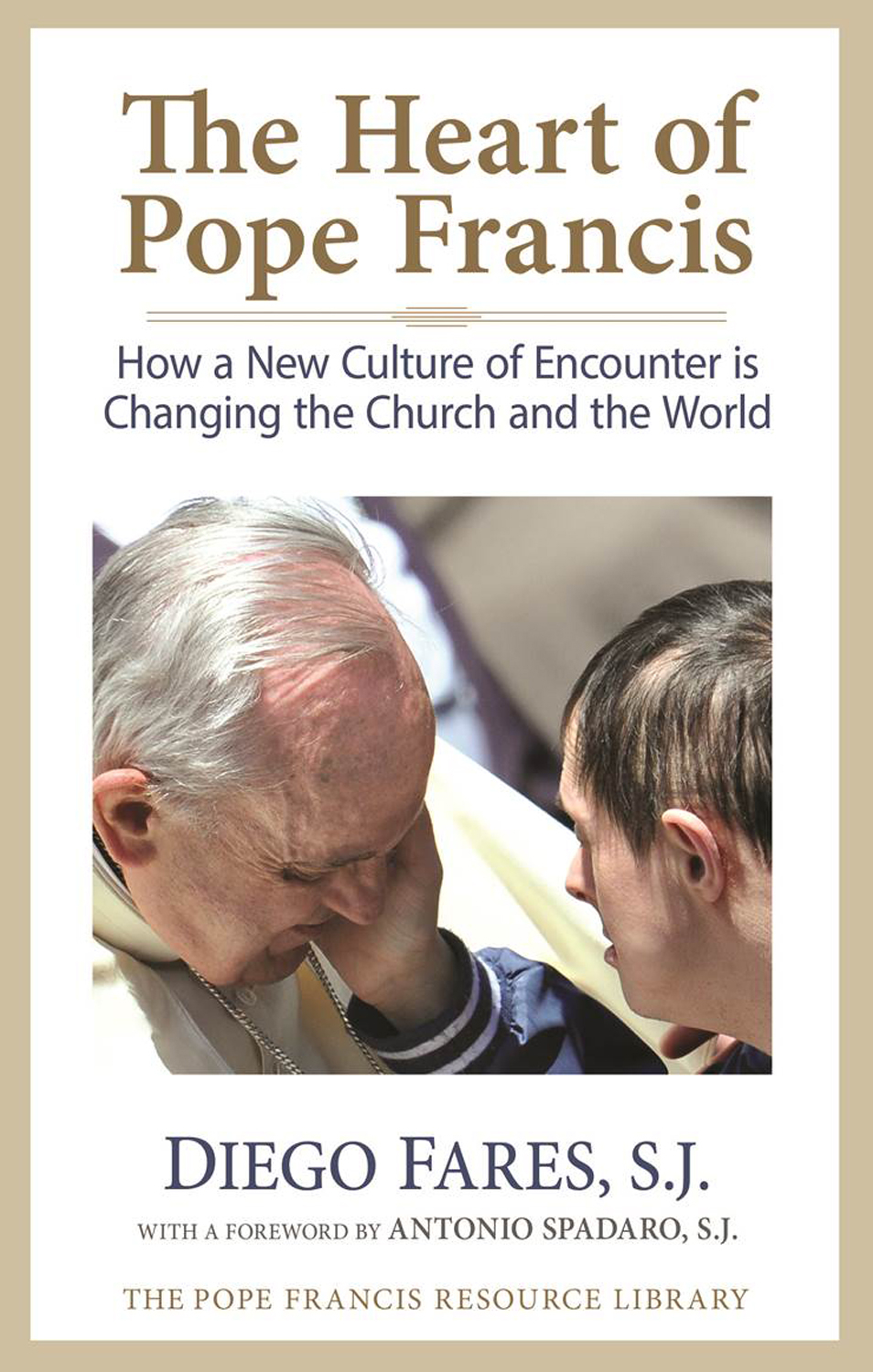- Title: The Heart of Pope Francis
- Subtitle: How a New Culture of Encounter Is Changing the Church and the World
- Page Count: 112
- Available Formats: Cloth (9780824520748), Epub (9780824520984), Mobipocket (9780824520991)
- Edition: Cloth
- Original language: English
- Retail US: Cloth (14.95), Epub (11.99), Mobipocket (11.99)
- Retail Canada: Cloth (17.95), Epub (13.99), Mobipocket (13.99)
- Retail Canada: 17.95

